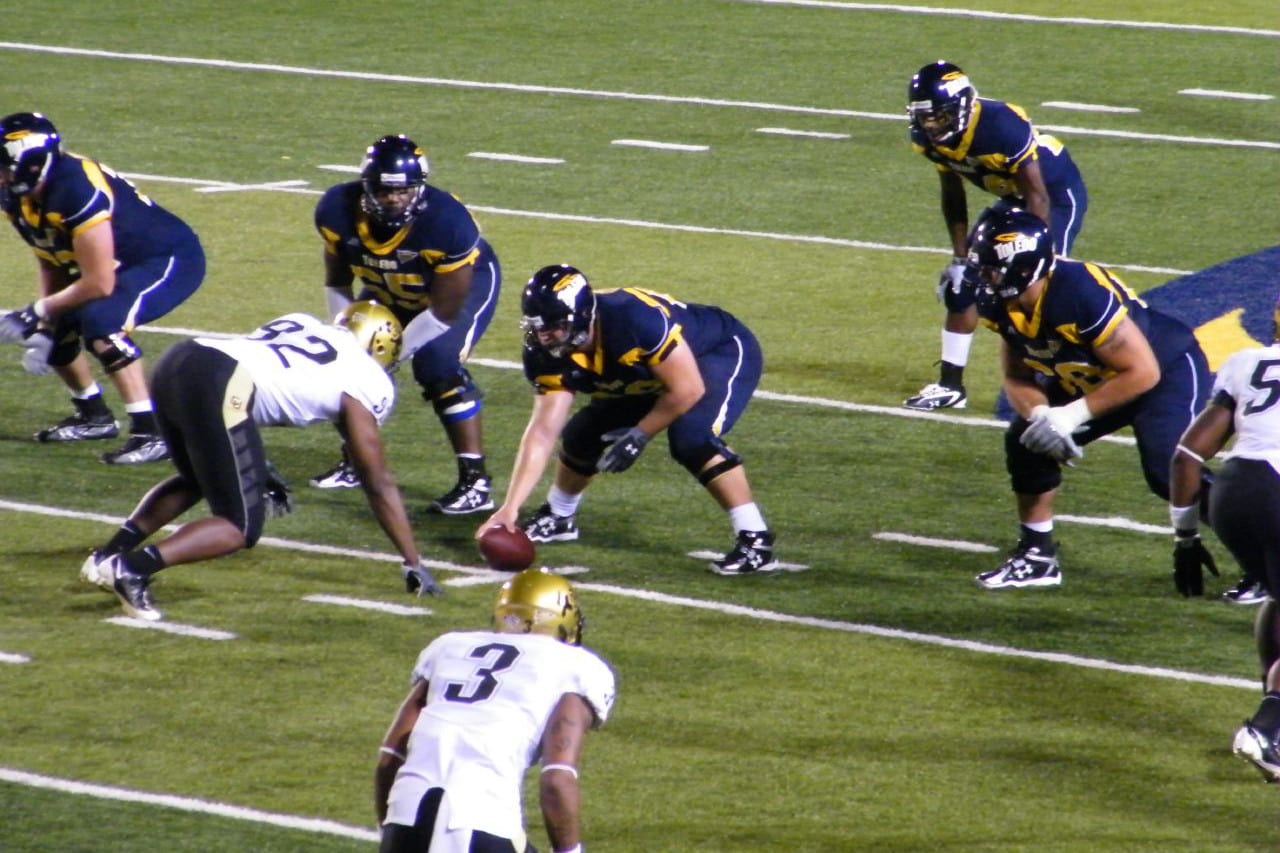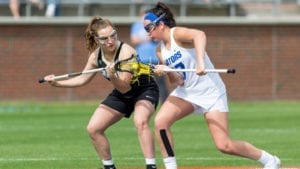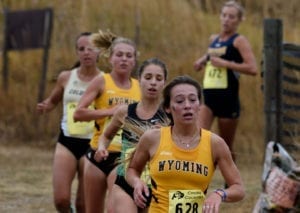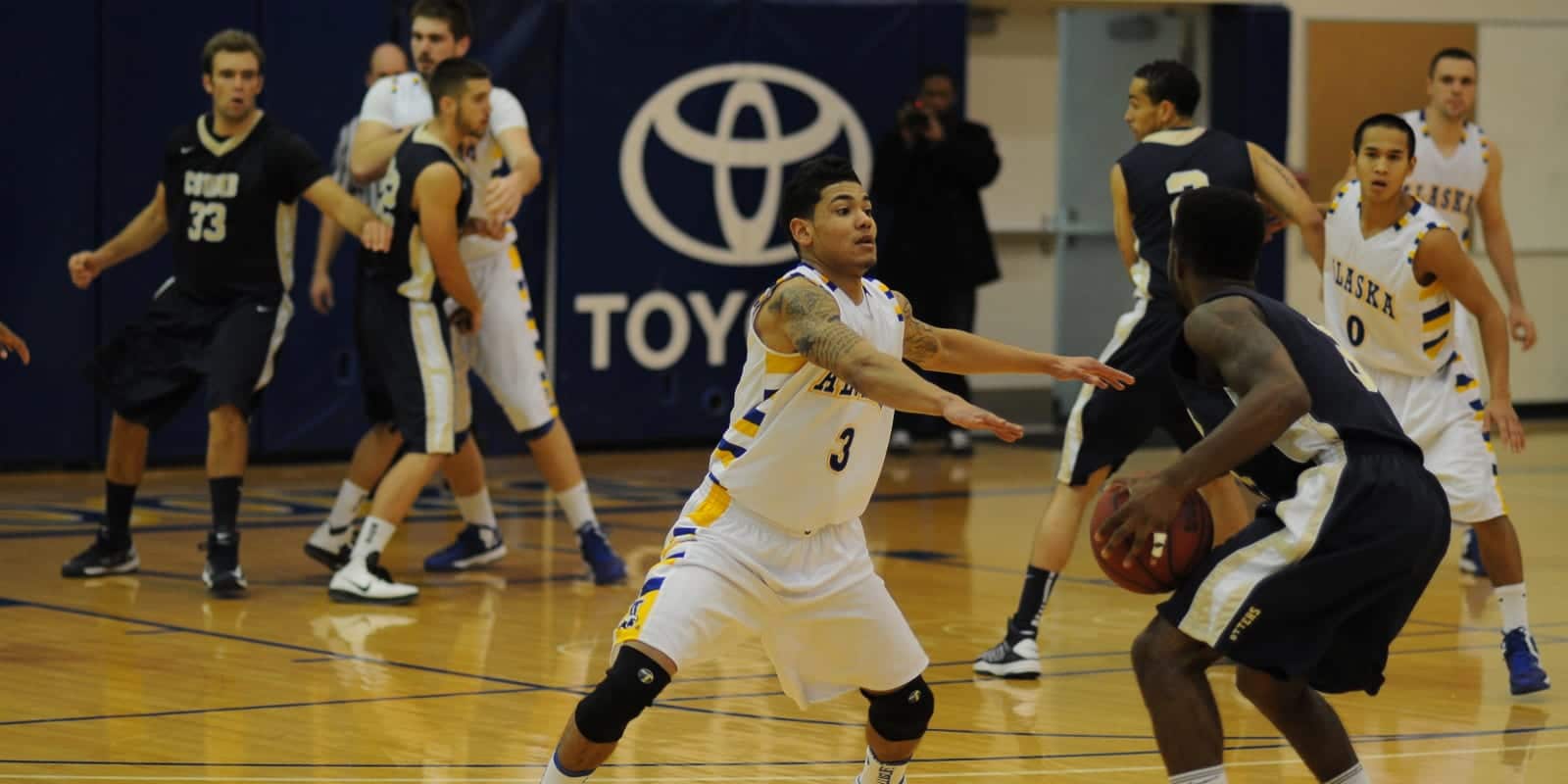Being an athlete is a time consuming task full of training and preparing. Being a student is also a time consuming task. So, what can a student athlete do to balance their busy schedules without sacrificing performance in either?
It all starts with proper focus. Colorado’s a distracting place, with so many top notch things to do here, other than study and train. Luckily, you probably have a coach that tells you when to bust your butt on the field and in the gym, so you as long you eat healthy and rest, physically should be fine. Making time for your studies as a student athlete is like working on a full time job on top of a full time curriculum.
Colorado Student-Athlete Support Services:
- Colorado State University – Rams
- University of Colorado – Buffaloes
- University of Denver – Pioneers
Many surprise factors come into play for a student athlete, causing life to feel on edge at times. Dynamics such as time spend traveling to away games, sometimes in neighboring states, or even another country. Life can feel like it’s always go, go, go. Make it a mental point to slow down and enjoy the ride. Take a breath, mediate, do yoga, whatever you require to add mental balance to your equation.

Students Need to Stay on Track with Their Studies
As a student, your responsibility is to stay up-to-date on your assignments. These tasks also need to be high quality if students don’t want to suffer falling grades. That means that dedicated time to study is important as well as giving a comfortable place to work hard on assignments. For instance, writing a good college essay shouldn’t be left to one sleepless night.
Procrastinate the unimportant things, like washing your car, and do the most important thing first because it’s probably the last thing you want to do.
Athletes Need to Stay on Track with Their Training
Just as a student needs to work hard on their studies, an athlete needs to keep up with their training. If they stop training regularly for a few weeks to focus on their studies, they will see their performance decline. On the other hand, if a student takes excessive time away from their studies to train, they may see a dip in their grades.

As a student athlete, you need to take steps to find a balance between these two halves of your life. Most find success eliminating other distractions that enter the equation, such as drinking smoking, too much socializing, video games, etc. Be aware of where and how you are spending your time. Consider removing yourself from your home to study if you have trouble working there. Coffee shops and libraries can be just the boring place you need to shine.
If you ever feel like there’s never enough time in the day, try waking up an hour earlier. Your competition is.
Use a Routine Schedule to See Results
As an athlete, you probably don’t just go to the gym whenever you feel like it. Instead, many athletes have rather strict schedules as to when they work with coaches, when they have practice or competitions, and when they train on their own. This helps everything flow smoothly without interruption.
This tactic can be taken into other areas of your life as well. You can use this organization to schedule times for school work, dating, playing, etc. Consider downloading a specific app that manages your time and alerts of your upcoming obligations. Another useful tool is a distraction blocking app, which can be used if you tend to browse YouTube and Facebook instead of writing your term paper. It’s always good to follow a routine, because before long you’ll have huge results and know why.
Plan Ahead and Be Ready For Surprises
Planning ahead goes hand in hand with creating a schedule. While your specific schedule may change from time to time, you should plan ahead as soon as you know you have a definitive event upcoming.

Take for example, if you know you have a competition a few months away, you probably already mark it on your calendar the day you find out about it. This is, once again, a good practice to keep. For essays and other written assignments, it’s best to research and write your topic’s title down ahead of time. This will plant the seed, allowing you to unconsciously brew your thoughts on the subject, come time to write.
Many professors hand out a syllabus at the beginning of the semester with test and exam dates marked. Just like a competition, you should mark these events on your calendar ahead of time.
Just keeping track of these dates isn’t quite enough, though. Think about it this way; do you train more closer to a competition? How about study more closer to an exam? The answer to both of those questions is probably yes. As such, you should take measures such as scheduling extra time for training around your matches.
Communicate with Professors
It’s absolutely worth your time to communicate with your professors. Be personal, introduce yourself. Colorado universities are full of students all on different paths, and professors are there to help them all along. With this in mind, many professors are happy to work with you on times that your life as a student and athlete overlap.

For example, if you are going to miss a quiz that falls on the same day as a competition, they might help you out by giving you a chance to make the quiz up at a different time. It’s always better to ask AS SOON AS POSSIBLE to show you are a serious student, and want the best for both of you.
If you leave it to the last minute, you are less likely to have the support of your professor as they may not have time to offer a compromise. Instead, you should communicate conflicts to your professors when you hear about them, and even offering a solution if you have one.
Choose the Right University and Path
If you are a long time athlete, you’re probably intensely passionate about what you do. This drives you to work harder and keep on track with your training even on days that are especially tiring. The same goes for your studies.
This is why you need to make sure you choose the best Colorado university and a path of study that excites you. Don’t fret, however, if you have no major, most freshman are undecided.

When you are studying something that genuinely interests you and ignites your passion, you are more likely to work effectively even on bad days. If you plan on entering the non-sporting work force after college, it’s important to love what you do. Take the time in college to explore a myriad of classes and subjects that interest or mystify you, and see what clicks.
In other words, passion is a valuable tool to you as both an athlete and a student. Use this tool to your advantage.
Being a student athlete can be stressful at times, though you will persevere. With a little forethought and time to plan ahead, you will succeed in both areas of your life.


 How to Build a Tiny House in Colorado
How to Build a Tiny House in Colorado